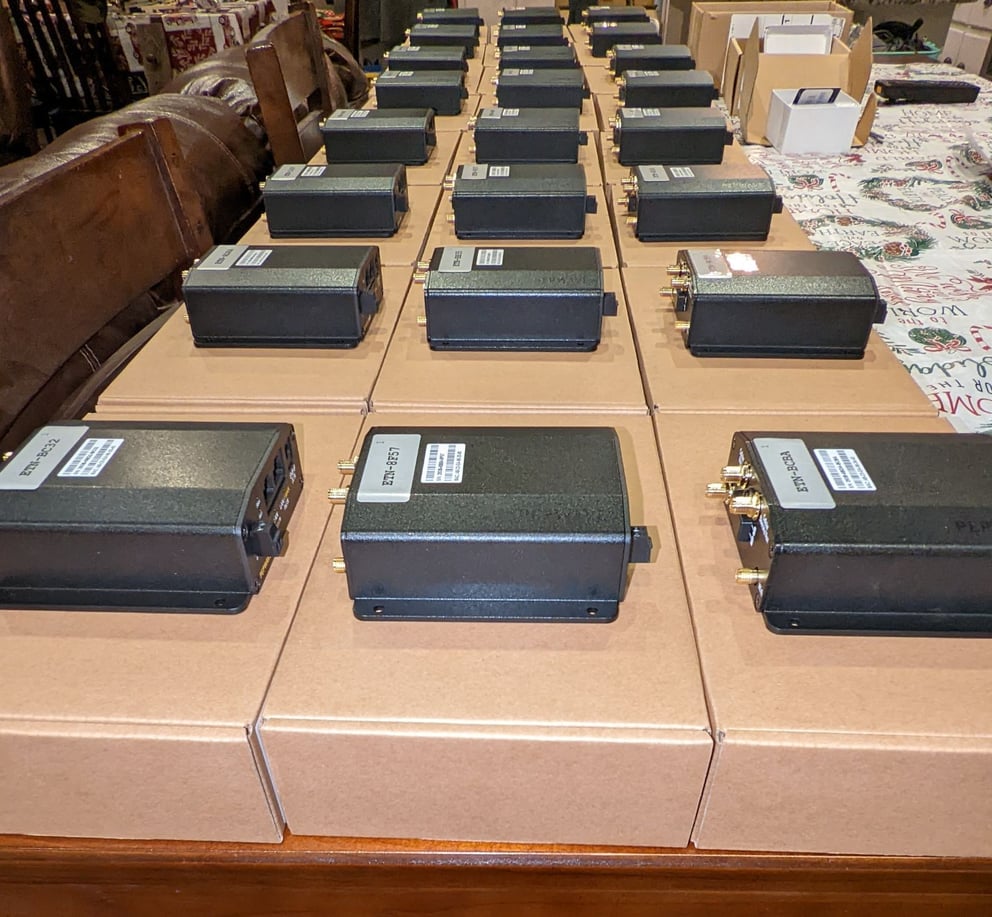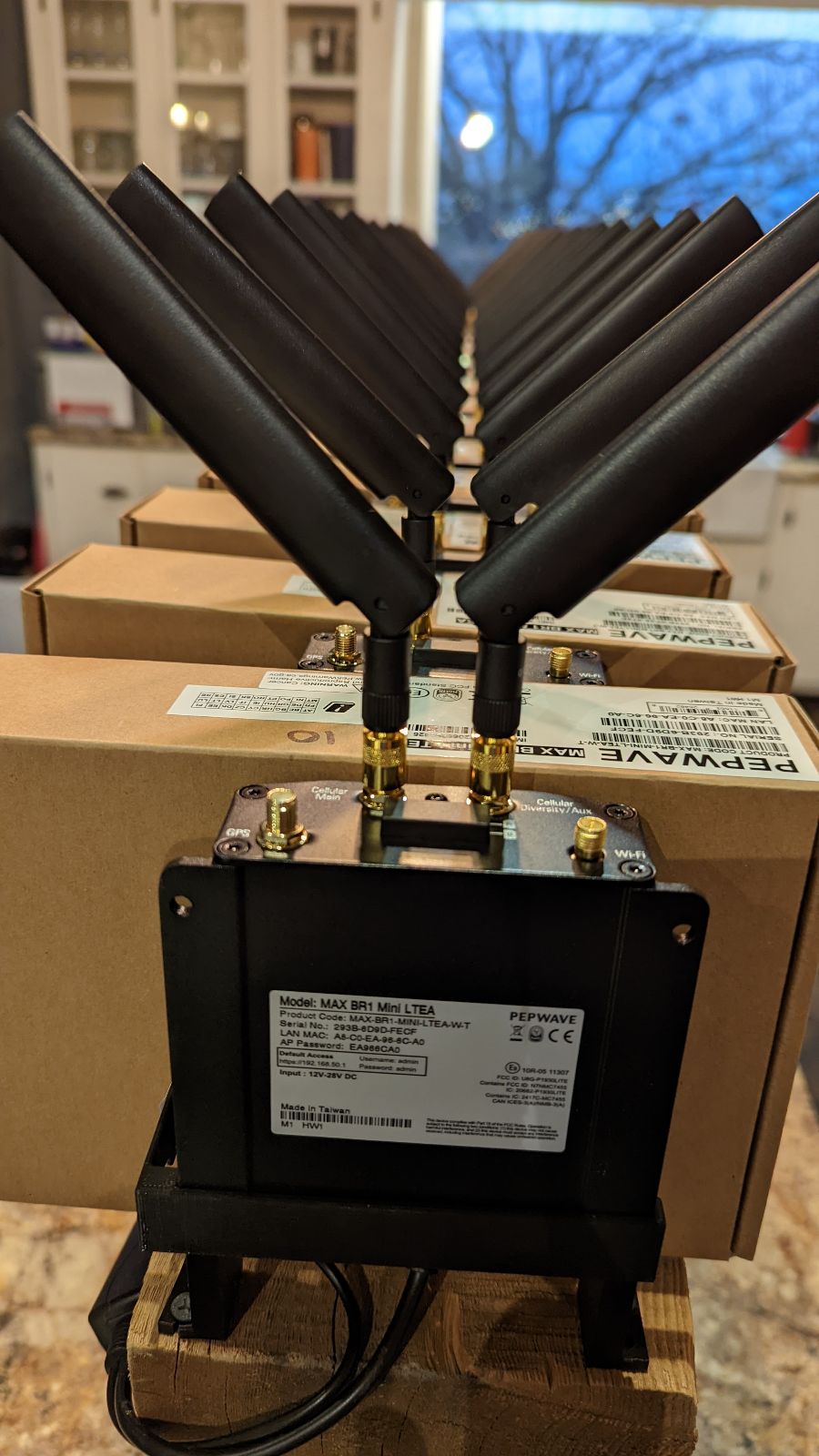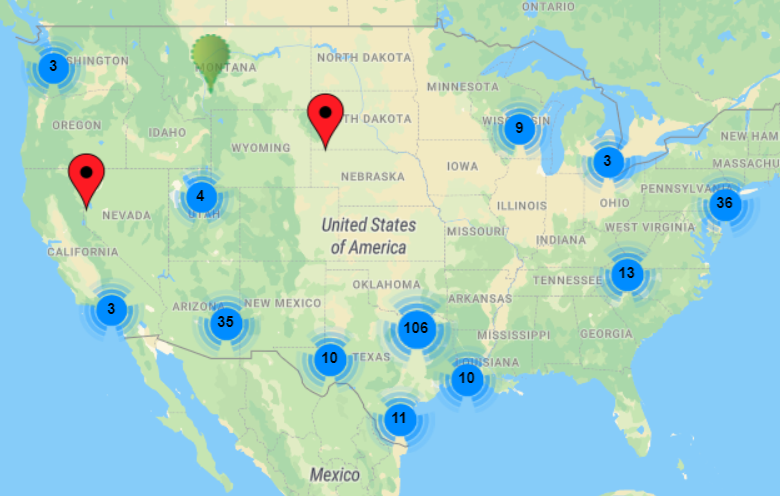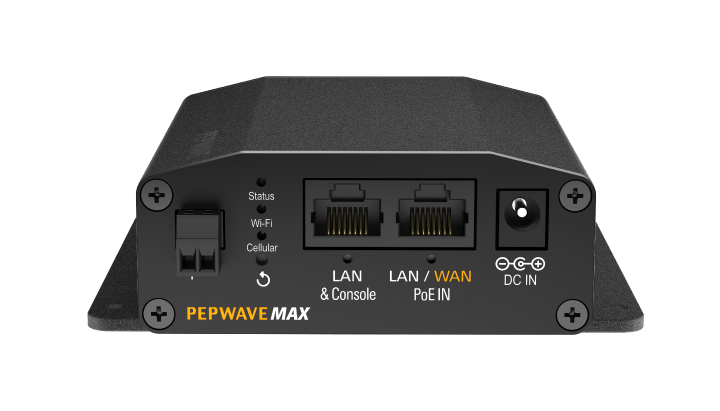
Automated Deployment for a Batch of 100 BR1 Minis
1SimplePhone is a service provider that offers phone system solutions for businesses. Their mission is to provide uncomplicated, feature-rich, business class VoIP phone services that offer users significant cost savings over traditional LAN and hardware-based PBX systems.
With a small team and limited hands, it was difficult for them to rapidly configure and deploy large-scale solutions. 1SimplePhone needed a creative solution that would allow them to service a large number of devices in a short period of time.

Challenge
1SimplePhone needed to deploy 100 BR1 Minis in a short amount of time. However, they needed to deploy the devices in a ready-to-go mode. This meant updating firmware to the latest versions and setting up the devices in advance to be able to immediately connect to cellular channels. In addition, detailed documentation of device details such as the serial number, firmware version, cellular state and date were to be recorded to a csv file for future retrieval. The hard part? Preparing the routers in an environment where the normal setup for a router is not available.
Solution
The solution that 1SimplePhone came up with was to develop a set of scripts that automate the preparation process. This includes ensuring that the scripts are 100% hands off without the need of a browser or the need to manually log in, while allowing room to change variables during different deployments.


The scripts are designed to run on their own and to check for a connected router. When a router is detected, the scripts update and configure the router to the desired settings. This includes features such as:
- Automatically changing the password (as required in new builds);
- Activating the trial WAN;
- Update WAN priorities in the dashboard;
- Set APNs on SIM cards;
- Assign a cellular usage limit;
- Set a profile for the Wi-Fi as WAN connection;
- Pre-caches firmware files for updating routers to remove the need for an active internet connection for every router;
- Manages the reboot of the router to the new firmware and confirms if the update is successful;
- Obtains the ICCID of the SIM cards;
- Records the serial number, firmware version, cellular state, cellular IP, and time and date to a csv file;
- Option to reset routers to the factory default or to revert the firmware version.
A later and improved version of the solution introduced 3D printed docking stations, 24 VLAN tags, push-on SMA adapters, improved scripts, a Peplink managed PoE Switch with a Raspberry Pi controlling the scripts, and a centralized management with a control panel.
Result
Thanks to this creative automated process, 1SimplePhone was able to use a single device to simultaneously track, manage, and record the update process of 24 routers. With this setup, 1SimplePhone can easily and quickly plug in BR1 Minis into the 3D printed docking stations and watch the scripts go to work. With the scripts automatically detecting the status of the routers and applying the necessary updates and settings, 1SimplePhone is able to configure over 100 BR1 Minis in just 1 hour.


This allows someone without cellular coverage or who doesn’t want to waste cellular data to still be able to insert a SIM card and record all of the details before deploying the devices. At the end of the deployment, a simple query obtains the ICCIDs and associated names necessary for bulk activation, greatly simplifying deployments by removing the need to manually track which SIM card went into which unit.
Deployment

- Multiple BR1 Minis deployed to various locations
- Quick configuration with the developed scripts
- Remote tracking and management of devices
